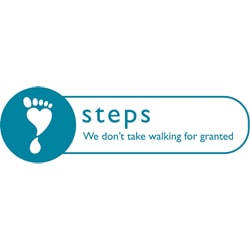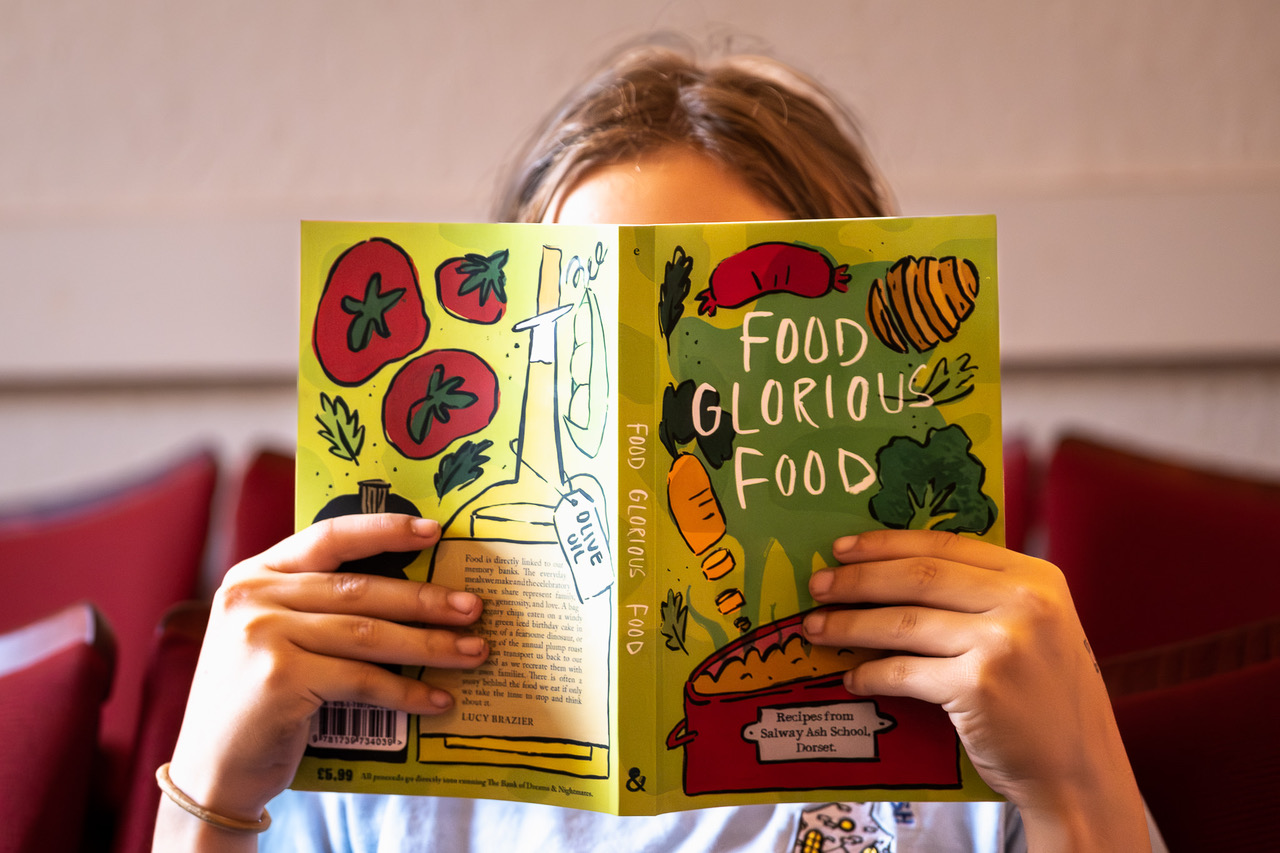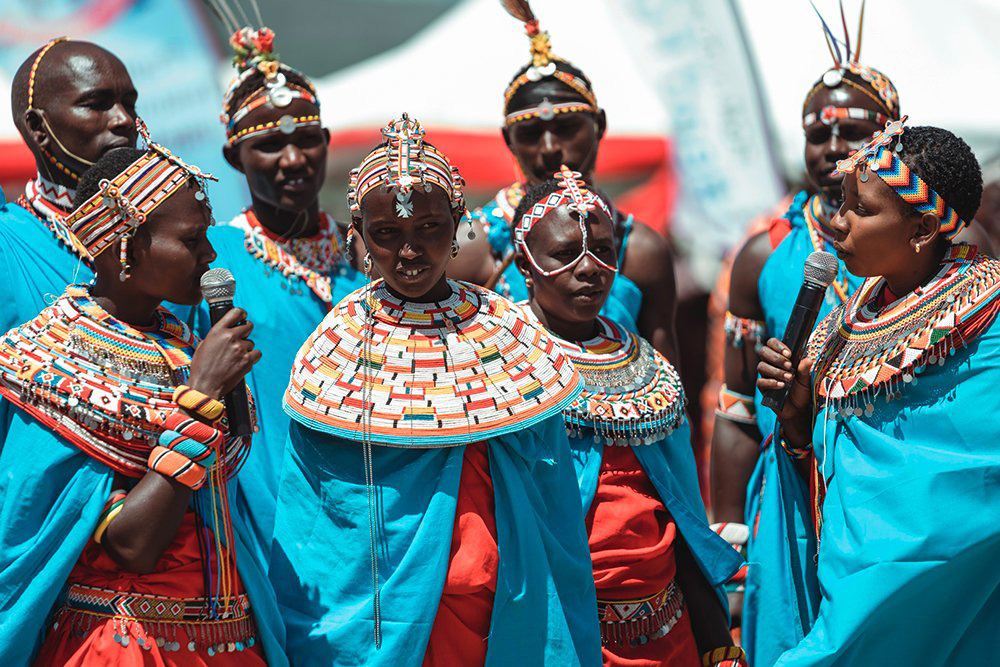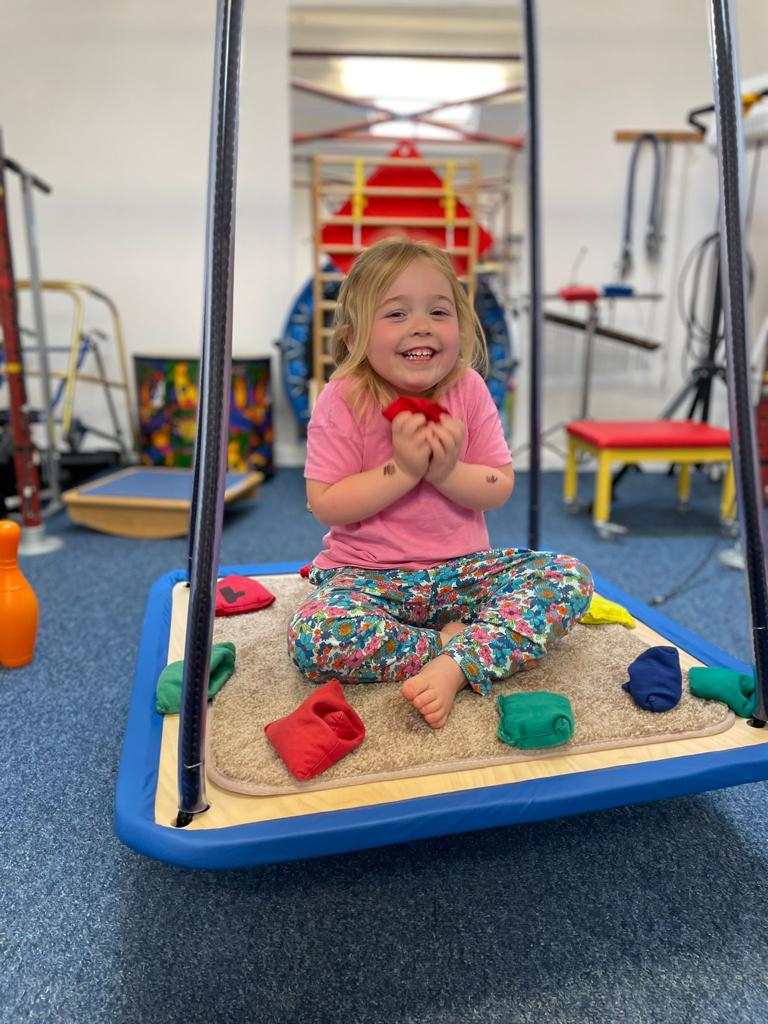Informative film for families facing an childhood amputation – Worldwide

Charity:
Steps Worldwide
The leading charity working for all those whose lives are affected by childhood lower limb conditions.
Country
UK
Start Year:
2018
Run Time:
1
Participant Age:
All
Which UN SDGs?

What is Co-Funding?
Co-funding with the ALMT allows individuals, other Trusts and Foundations, and Companies to contribute funds directly to individual, vetted and approved, project partnerships. With fifteen years of experience awarding grants and working in partnership with children’s organisations around the world, the ALMT is best placed to support you in your philanthropy.
Steps Worldwide (Steps) is the national charity working for all those whose lives are affected by childhood lower limb conditions. Whatever the lower limb condition, whatever the stage of life and whatever the reason, Steps is there for those families. Working closely with the NHS, Steps will produce a short film to provide parents with all the information they need making the difficult decision to amputate, the process and rehabilitation and life with a prosthesis.
Based on the feedback received from parents of amputee children and health professionals, there is currently a lack of emotional and practical support for families that decide to have an elective amputation, whether this is caused by a congenital condition, trauma or illness. This is particularly true of families that come from a disadvantaged background or for families from ethnic minorities. Steps has also identified that many parents of children with limb differences never meet other children with similar disabilities during their rehabilitation. This can lead to feelings of isolation and ultimately to depression.
The aim of the video is to reassure parents that they are not alone in facing their journey and also to provide practical advice. The video will motivate parents to encourage their children to participate in sporting activities specifically created for young amputees. Actively participating in these sport events and meeting other young amputees will help with self-efficacy, self-esteem and self-worth and lead to lifelong friendships. The video will be divided in four main sections: 1. Emotional support (from diagnosis to amputation): Emotional preparation for an amputation Will it hurt? Will I be able to walk? How will I cope at school? Will the other children like me? Will I be able to play all their games? Admission to Hospital: Talking to consultants, understanding the risks of surgery, types of amputations and reconstruction, surgery and returning to the Ward.2. Practical and psychological support after amputation: Body Image: Prostheses: Going back to school.3. Life after amputation: Stump Care: Phantom Pain and Stump Pain: Medication: Self Help: Surgery: Caring for the remaining leg: Taking part in sport activities in partnership with LimbPower.4. Life for an amputee in developing countries.
Related Projects
- UK
- 2025
- - 2026
Empowering young imaginations to grow in confidence as children discover their voice and realise that their ideas matter.
- UK
- 2025
- - 2026
Edward’s Trust provides a compassionate and supportive environment to find comfort, understanding and a range of free, specialist services for bereaved children and families.
- Kenya
- 2025
- - 2028
S.A.F.E. uses interactive theatre and film to educate and inspire young people in some of Kenya’s most remote and vulnerable communities.
- UK
- 2025
- - 2026
Footsteps provides intensive physiotherapy for children with cerebral palsy and other neurological disorders, giving them the support they need to achieve their unique potential.



